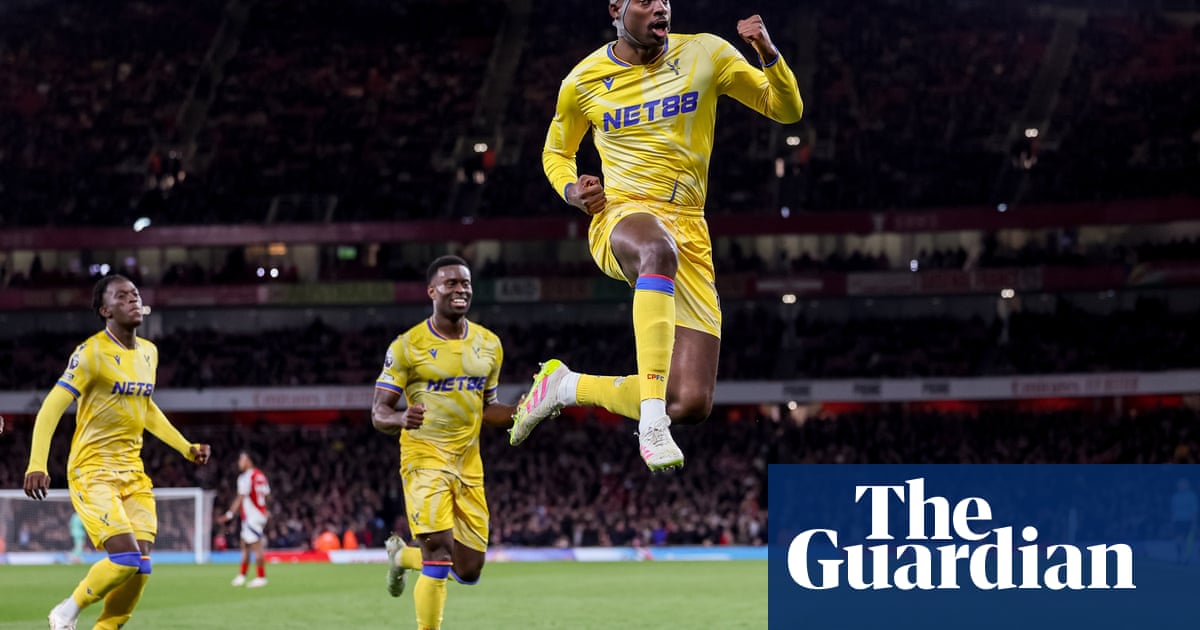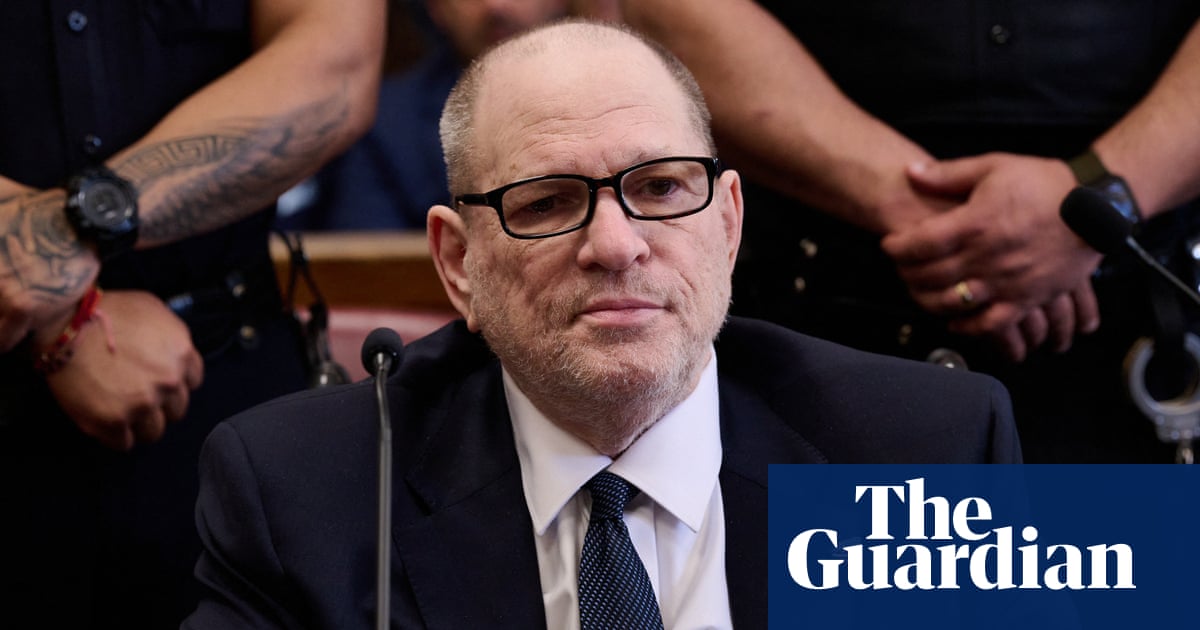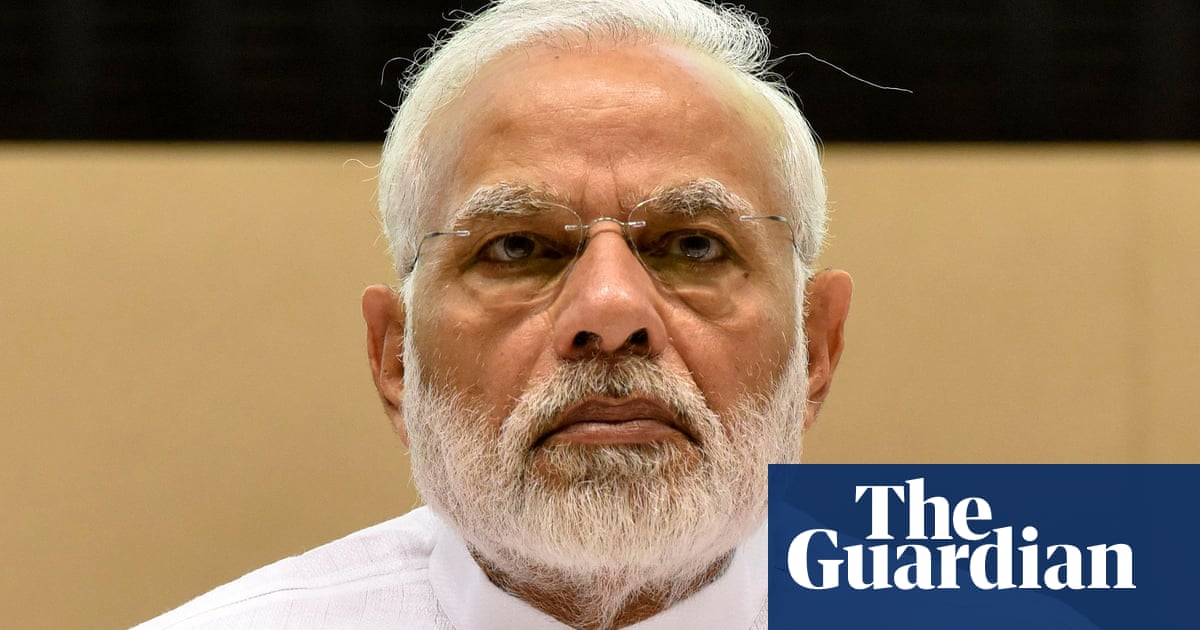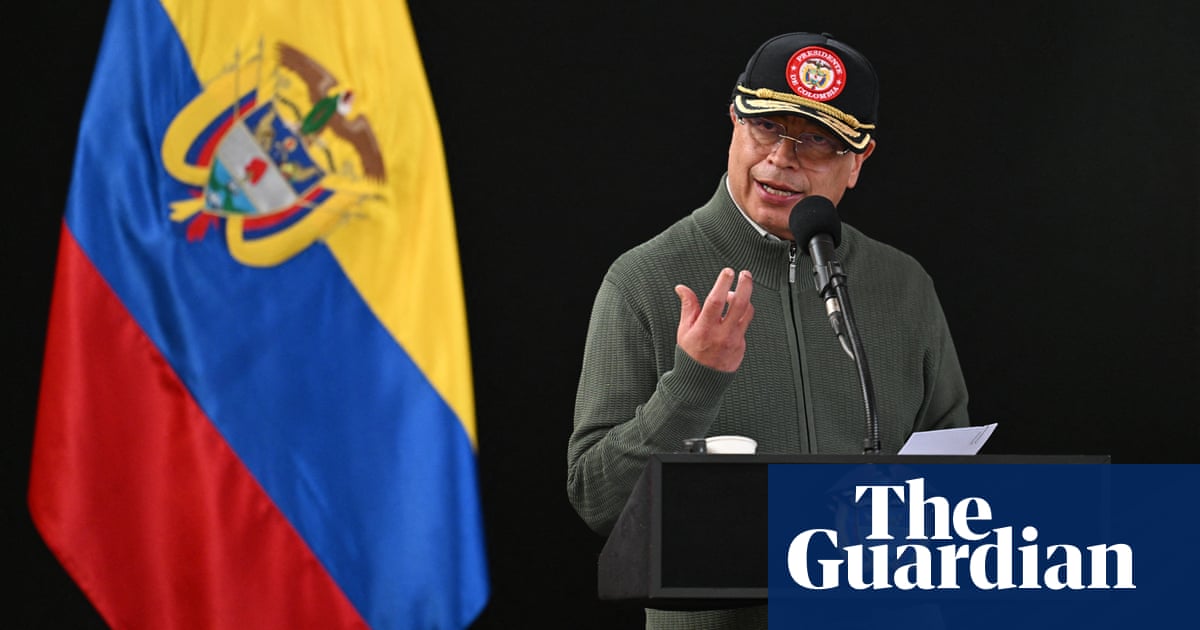Nissan-Honda merger 'basically over'
The $60bn merger between Nissan and Honda to create the world’s third-largest carmaker looks on the brink of collapse this morning.
According to reports from Japan, Nissan CEO Makoto Uchida met with Honda CEO Toshihiro Mibe today, and explained that he wishes to terminate their merger discussions.
A break-up would scupper the deal which was announced last December, and was
Talks have appparently stumbled after Honda proposed that Nissan should become a subsidiary, which was not part of the original plan.
The AFP newswire reports:
Nissan’s board is in favour of abandoning merger talks with Honda, although calling them off has yet to be decided by executives at the two Japanese carmakers, a source close to the matter told AFP on Thursday.
“The latest conditions put on the table by Honda are unacceptable for Nissan... It needs to be formalised, but basically, it’s over,” the source said.
Honda has a market value of ¥7.6trn ($50bn/£40bn), about five times larger than Nissan’s ¥1.54trn ($9.8bn/£7.9bn).
Key events Show key events only Please turn on JavaScript to use this feature
German factory orders have jumped, bringing some relief to Europe’s largest, and most beleagured, economy.
Industrial orders jumped by 6.9% month-on-month in December, beating forecasts of a 2% rise, but were still 6.3% lower than a year ago.
Firms reported increased demand for large-scale orders such as aircraft, ships, trains, and military vehicles, where new orders were 55.5% higher than in November “due to several large orders”, statistivs body Destatis reports.
Pound dipping ahead of Bank of England decision
Sterling is weakening a little this morning, as the City anticipates a cut to UK interest rates at noon.
The pound, which hit a one-month high yesterday, has lost a third of a cent against the US dollar back to $1.2473.
Bloomberg: Nissan Looking for New Partner as Honda Deal Set to Collapse
Bloomberg are reporting that Nissan is seeking a new partner as it prepares to end negotiations to form a joint holding company with Honda.
The fresh ally would ideally be from the technology sector and be based in the US, the people said, asking not to be identified because the information isn’t public.
Although its sales are slowing globally, North America remains Nissan’s most important market and the wider shift toward electrification and automation is pushing all carmakers to seek alliances with high-tech industries.
Engineering firm IMI hit by cyber attack
UK engineering firm IMI has revealed it has been hit by a cyber attack after hackers gained unauthorised access to its systems.
In a statement to the City this morning, IMI said it is currently responding to a cyber security incident involving unauthorised access to the Company’s systems.
The London-listed company says:
As soon as IMI became aware of the unauthorised access, the Company engaged external cyber security experts to investigate and contain the incident.
In parallel, the Company is taking the necessary steps to comply with our regulatory obligations.
An update will be provided as and when appropriate.
Such cyber attacks are a growing risk for companies; in recent years. Royal Mail, The Guardian and leading London hospitals have all been hit.
A report yesterday found that ransomware payments fell by more than a third last year to $813m (£650m) as victims refused to pay cybercriminals and law enforcement cracked down on gangs.
Nissan-Honda merger 'basically over'
The $60bn merger between Nissan and Honda to create the world’s third-largest carmaker looks on the brink of collapse this morning.
According to reports from Japan, Nissan CEO Makoto Uchida met with Honda CEO Toshihiro Mibe today, and explained that he wishes to terminate their merger discussions.
A break-up would scupper the deal which was announced last December, and was
Talks have appparently stumbled after Honda proposed that Nissan should become a subsidiary, which was not part of the original plan.
The AFP newswire reports:
Nissan’s board is in favour of abandoning merger talks with Honda, although calling them off has yet to be decided by executives at the two Japanese carmakers, a source close to the matter told AFP on Thursday.
“The latest conditions put on the table by Honda are unacceptable for Nissan... It needs to be formalised, but basically, it’s over,” the source said.
Honda has a market value of ¥7.6trn ($50bn/£40bn), about five times larger than Nissan’s ¥1.54trn ($9.8bn/£7.9bn).
Bank could cut faster than City expects this year
The money markets currently indicate the Bank will cut interest rates three or four times this year.
But some, such as Pimco economist Peder Beck-Friis, think it may cut faster, telling clients:
Looking ahead, we see room for deeper cuts than what financial markets expect. Trade uncertainty is rising, labour demand is falling, fiscal policy is tight, and the policy rate is well above our neutral estimate of 2-3%.
Ashley Webb, UK economist at Capital Economics, takes a similar view, explaining:
Despite the recent weak news on activity and the uncertainty around the global outlook due to Trump’s US import tariffs, the stronger news on domestic price pressures means the Bank of England will probably continue to cut interest rates only gradually.
But while CPI inflation may rebound from 2.5% in December last year to around 3.0% later this year, we think a fall to below 2.0% next year will prompt the Bank to cut interest rates from 4.75% now to 3.50% by early 2026, rather than to 3.75-4.00% as investors anticipate.
Bank of England likely to cut growth forecasts
The backdrop to today’s Bank of England decision is “underwhelming”, points out Kathleen Brooks, research director at XTB, which could prompt the central bank to predict lower growth this year.
Brooks says:
UK growth has weakened in recent months and the outlook looks poor. The OBR is expected to slash its growth forecasts next month, which will be included in the Chancellor’s spring statement. The Bank of England is likely to do the same this Thursday.
The BOE had expected GDP to expand by 1.5% this year, that looks lofty after a spate of weak economic data, and it could be revised down to 1%. The risk is that growth could undershoot downwardly revised forecasts, as the Citi economic surprise index is close to its lowest level for a year.
This suggests that UK economic data has surprised to the downside by a wide margin.
Introduction: Bank of England expected to cut rates today
Good morning, and welcome to our rolling coverage of business, the financial markets and the world economy.
The UK is likely to get its first interest rate cut in three months today, as the Bank of England tries to prod the stagnating economy into life.
The City are confident that the BoE will ease policy at noon today – a cut to Bank Rate, from 4.75% to 4.5%, is a roughly 95% prospect according to money market pricing (it was as high as 98% earlier this week).
Economists predict the Bank’s Monetary Policy Committee will vote 8-1 to cut, with only the hawkish Catherine Mann opposing a reduction in borrowing costs for the first time this cycle.
It may also lower its growth forecasts for this year, and raise its inflation forecast in its latest monetary policy report [MPR]. That would be awkward for chancellor Rachel Reeves ahead of next month’s spring statement.
Sanjay Raja, Deutsche Bank’s chief UK economist, says:
Downgrades to GDP growth across the forecast horizon look likely, particularly given the weaker H2-24 data. Equally, a faster rise in the jobless rate looks likely too, with the Bank’s unemployment rate projection rising to 4.6%.
While near-term pay growth will almost certainly be revised higher, we expect private sector pay momentum to broadly converge to the Bank’s November MPR projections.
And last but not least, we expect the MPC to highlight a near-term pick up in inflation, but expect medium-term disinflationary pressures to push CPI lower at the end of the forecast horizon, relative to the November MPR.
These are difficult times for the Bank. It has already been assessing the impact of the business tax increases in last autumn’s budget, which could push up prices, hit profit margins, weaken hiring and lift unemployment.
Now, it also has the challenge of Donald Trump’s return to the White House, and the risk of a global trade war.
Mark Ashbridge, managing director of Ashbridge Partners, points out that many of Trump’s policies are inflationary – which could push up US borrowing costs, with a knock-on effect on the other side of the Atlantic.
Ashbridge explains:
“Globally, our bond markets and swap rates are interlinked and partially driven by what’s happening in the US, a country which is now under a new administration since the Bank of England last reviewed the base rate.
“Fundamentally, Donald Trump’s policies are inflationary and what we don’t know at this stage is just how extreme or not these changes might be and therefore the impact of them.
The agenda
-
9am GMT: European construction sector PMI
-
9.30am GMT: UK construction sector PMI
-
10am GMT: Eurozone retail sales for December
-
Noon GMT: Bank of England interest rate decision
-
12.30pm GMT: Bank of England press conference
-
1.30pm GMT: US initial jobless claims

.png) 2 months ago
23
2 months ago
23













































